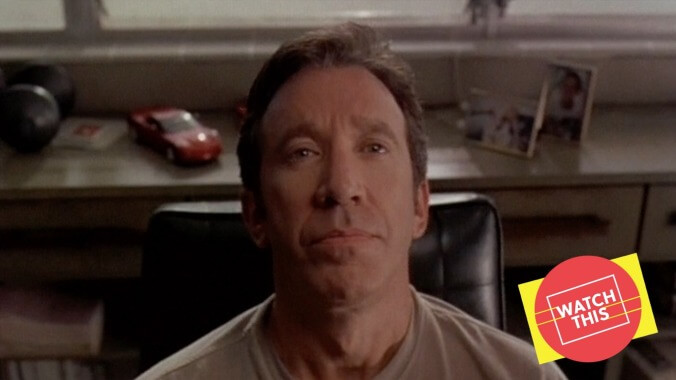A one-time Coen collaborator imitates their sillier movies in the star-studded Big Trouble

Watch This offers movie recommendations inspired by new releases, premieres, current events, or occasionally just our own inscrutable whims. This week: The fourth season of FX’s small-screen Fargo starts, so we’re singling out “Coenesque” movies, i.e. ones influenced by or imitative of the work of those famous sibling filmmakers.
Big Trouble (2002)
To the extent that it’s remembered at all, Big Trouble might be best-known for being one of a handful of movies that were pushed from fall 2001 until spring 2002 because of the September 11th terrorist attacks, after which movies with even a hint of terrorist-related plots (no matter how silly) were briefly considered too hot to handle. Its connection to a bestselling novel by Dave Barry doesn’t really help its profile, given its generic title. The Miami setting lends it a superficial resemblance to second-tier Elmore Leonard or Carl Hiaasen.
So it’s easy to overlook the degree to which Big Trouble also resembles a Coen brothers comedy; it’s even directed by former Coens cinematographer Barry Sonnenfeld. Upon closer examination, though, the connections aren’t especially subtle. In its opening moments, the movie presents straight-to-camera narration from an oddball figure with prominent facial hair (with Jason Lee’s tree-dwelling Puggy subbing in for the laconic Sam Elliott character from Big Lebowski) and a fat man bellowing abusively at the film’s hero from across a desk. In a stunning upheaval of expectations, the desk belongs to regular-guy hero Eliot Arnold (Tim Allen), rather than the bellower.
 Keep scrolling for more great stories.
Keep scrolling for more great stories.
